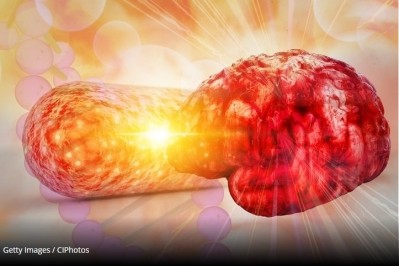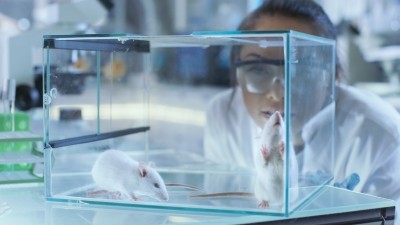Correlations found between gut mycobiome and MS: Study

Study findings highlight the potentially important role of mycobiome in MS and its interactions with the host’s immune and dietary factors, the authors write.
“Our data suggest that the mycobiome diversity is an important indicator of the gut microbial diversity in MS patients and may be more sensitive than the bacterial diversity in response to MS associated gut microbiome changes.”
They assert that modulating gut mycobiome through diet, environment and exposure to different climate promotes fungal diversity and can optimise immune responses, which could help reduce the pathogenesis of MS.
Study protocol
Twenty-five MS and 22 healthy controls were recruited for the study at Washington University School of Medicine in St Louis.
Twenty-one of the MS subjects were diagnosed with relapsing-remitting MS, two with primary progressive MS, one with secondary progressive MS, and one with clinical isolated syndrome (CIS).
Stool and blood samples were collected at baseline and after six months for the gut mycobiome and blood immune cell analyses, and a four-day food-frequency questionnaire was recorded to provide qualitative dietary information.
Scientists performed ITS (gene) sequencing and characterised the gut mycobiome of subjects with MS and healthy controls, at baseline and after six months, and discovered significantly higher alpha diversity in the MS group.
Results
The two dominant phyla at baseline were Ascomycota and Basidiomycota in both MS and controls and accounted for over 80% of total mycobiome population.
On average, Saccharomyces composed 23% and 42% of the gut mycobiome in control and MS, respectively.
A distinct pathogenic link was identified between Saccharomyces abundance and MS.
While Saccharomyces is one of the main mycobiomes in the human gut, its biological role has been inconsistent across studies that have observed both protective and detrimental effects on gut inflammation.
Saccharomyces was over-represented in the MS group, along with Aspergillus, which forms part of the respiratory and gut mycobiome and produces aflatoxins (toxins) that can provoke opportunistic infections in humans.
Analyses found a positive correlation between Saccharomyces, ‘butter and milk’ intake, a higher relative abundance in obese subjects, and a negative correlation with Lachnospiraceae incertae sedis in MS, suggesting the mycobiome may affect autoimmunity through regulation of bacteria.
The fungus was also associated with increased circulating basophils (white blood cells) and a reduction in regulatory B cells (that modulate immune responses).
The authors note: “Fungi can have direct impact on the immune response or indirectly through their interactions with bacteria. Our study revealed a disrupted correlation pattern between fungi and peripheral immune profile in MS.”
Different mycobiome profiles (or mycotypes) were associated with different bacterial microbiome and immune cells in the blood.
Meanwhile, disparities in mycobiome composition in MS and healthy controls was attributed to higher inter-subject variations in MS subjects.
Food intake analysis
The team’s PERMANOVA analysis identified four types of food groups potentially associated with the gut mycobiome community: butter and animal fats, nuts and seeds, refined grain, and whole grain.
Results suggest specific food types promote abundance of different microbiome. Notable findings included a moderate correlation between butter and animal fat and the relative abundance of both Saccharomyces and Hannaella. The relative abundance of both were also significantly higher in obese subjects.
In MS subjects alone, there was a negative correlation between Saccharomyces and nuts and seeds, but a positive link between Hannaella and butter and animal fats were both stronger.
Meanwhile, a moderate increase in Aspergillus abundance was linked to egg and refined grain and was stronger in the MS group.
The authors recommend further studies to assess any causal association of the mycobiome with MS and its direct or indirect interactions with bacteria and autoimmunity.
Source: EBioMedicine
Published online: doi.org/10.1016/j.ebiom.2021.103557 2
“Alterations of the gut mycobiome in patients with MS”
Authors: Saumya Shah et al.















